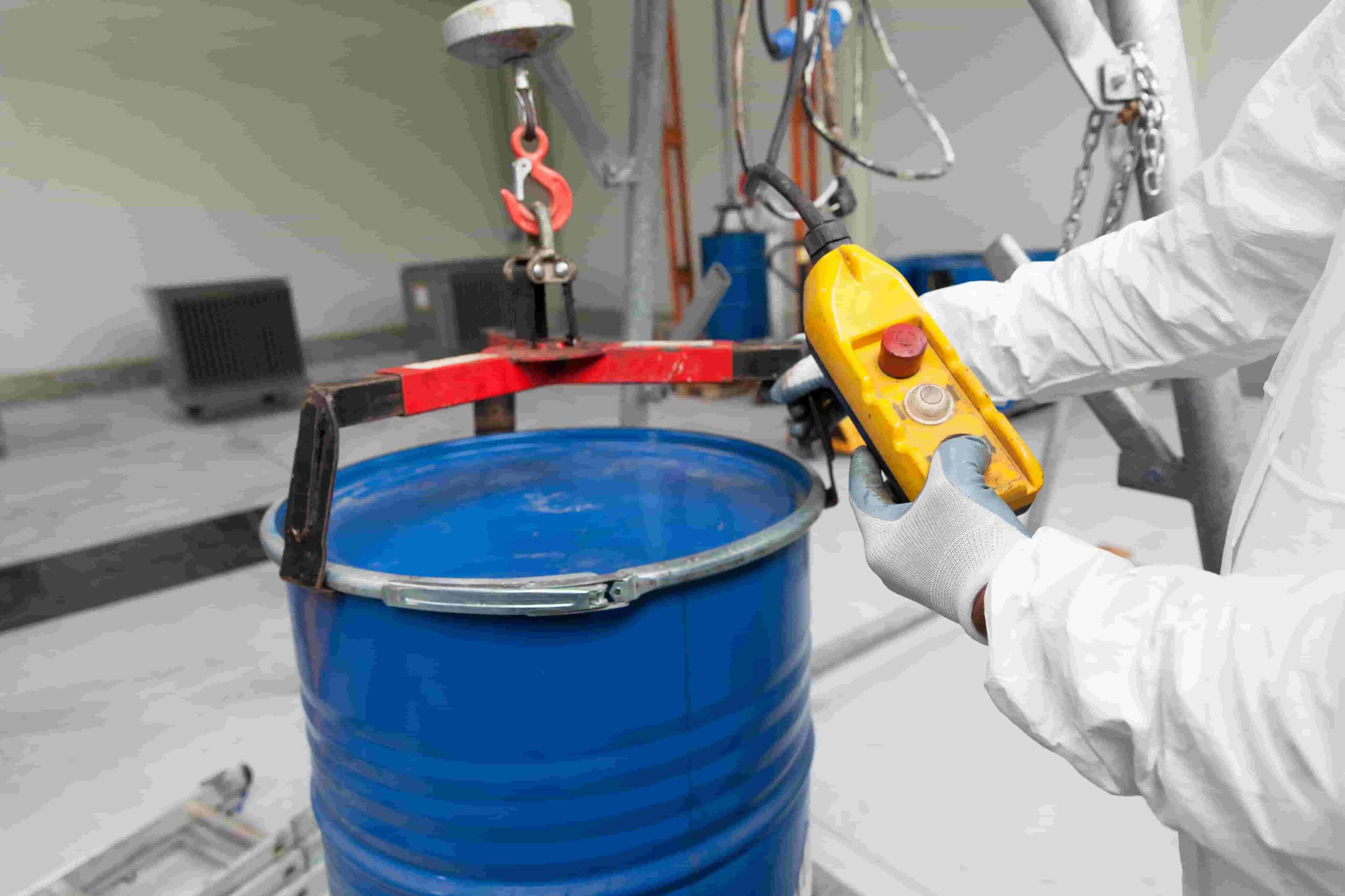
Pharmaceutical hazardous waste management is a serious issue businesses cannot overlook. According to the Environmental Protection Agency (EPA), pharmaceutical waste is generated in large quantities nationwide, leading to potential environmental and health risks. Therefore, hazardous waste generators must embrace proper management strategies to safeguard themselves, their employees, and the environment. This blog will delve into 6 best practices associated with pharmaceutical hazardous waste management.
Best Practices for Pharmaceutical Hazardous Waste Management
1. Proper Labeling
A crucial first step to managing hazardous pharmaceutical waste is ensuring proper labeling. All hazardous waste materials must have a label affixed to their container specifying the type and level of danger posed. Doing so makes it easier for hazardous waste management personnel to handle and dispose of the waste safely.
2. Safe Storage
Secure storage is a vital aspect of waste management. This ensures that the waste remains contained and separated from regular trash until properly disposed of. All hazardous waste generators must provide designated storage containers, and waste must be stored securely to prevent unauthorized access.
3. Secure Destruction
Secure destruction is another preferred method for managing certain types of pharmaceutical waste. Under this method, waste materials are destroyed using a shredder, grinder, or chemical process. The remaining materials are treated to neutralize harmful chemicals, rendering them safe to dispose of.
4. Regular Training of Employees
A fundamental aspect of hazardous waste management is employee training. Management should train employees on proper handling procedures, waste labeling, and safe storage techniques. Regular training updates help ensure compliance with regulations and safe waste management practices.
5. Segregate Pharmaceutical Waste
Segregating pharmaceutical hazardous waste is essential to ensure that different types of waste do not mix. This can help prevent unexpected chemical reactions that can cause dangerous toxic gases or fires. Also, some pharmaceutical hazardous waste can be recycled or repurposed, so separating certain materials can make it easier to repurpose them.
6. Partner with a Reliable Service Provider
Partnering with a hazardous waste disposal service provider like MLI Environmental can help you manage your hazardous waste safely and efficiently. Hazardous waste disposal companies offer various services, including collecting hazardous waste, segregating hazardous materials, labeling, packaging, and transportation.
Contact the Pharmaceutical Waste Experts at MLI Environmental
Pharmaceutical hazardous waste management requires careful planning and execution to mitigate hazards and keep employees and the environment safe. However, the process can be overwhelming for businesses. MLI Environmental offers comprehensive hazardous waste management services to help hazardous waste generators comply with state and federal regulations. We provide various services, such as pharmaceutical waste disposal, hazardous waste transportation and disposal, and onsite waste management. We are committed to ensuring that our clients remain compliant while minimizing the environmental impact of their waste. Contact us today, and let us handle all your hazardous waste management needs.
